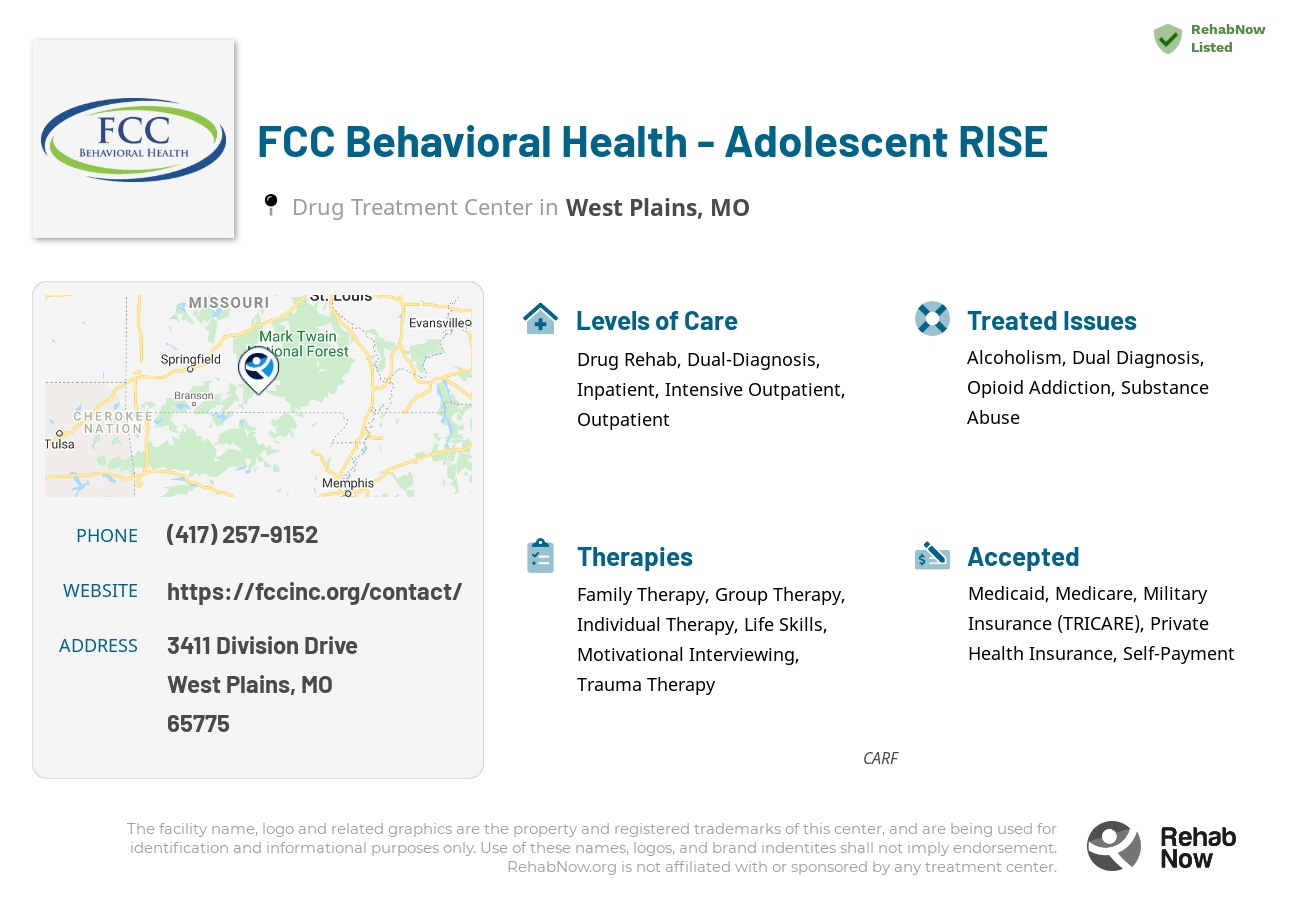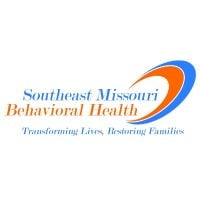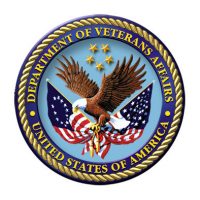FCC Behavioral Health - Adolescent RISE
Drug Rehab Center in West Plains, Missouri
FCC Behavioral Health - Adolescent RISE is an accredited outpatient mental health facility in West Plains, Missouri specializing in providing comprehensive care for adolescents utilizing evidence-based treatments and accepting private health insurance.
About FCC Behavioral Health - Adolescent RISE in Missouri
FCC Behavioral Health's Adolescent RISE in West Plains, Missouri, stands out as a dedicated recovery center focusing exclusively on adolescents struggling with alcohol and substance abuse. Its Comprehensive Substance Abuse Treatment and Rehab (CSTAR) programs are tailored for youths ages 12 through 17, offering a unique blend of modern amenities within a serene environment conducive to recovery. RISE's inclusive approach welcomes clients of all backgrounds, focusing on personalized recovery journeys.
- Tailored Adolescent Programs: Specially designed CSTAR programs cater to the unique needs of adolescents.
- Variety of Treatment Options: Offers inpatient, outpatient, and day treatment programs, providing flexible care tailored to individual schedules and needs.
- Accredited and Inclusive Care: CARF-accredited, ensuring high standards of care for youths of all genders, sexualities, and religious backgrounds.
FCC Behavioral Health RISE's accreditation by the Commission on Accreditation of Rehabilitation Facilities (CARF) and its status as a National Health Service Corp site underscore its commitment to excellence in behavioral health services. The center's focused approach on adolescents through its extensive inpatient and outpatient programs showcases its dedication to fostering long-lasting recovery.
RISE treats alcoholism, opioid addiction, dual diagnosis, substance abuse, and drug addiction with comprehensive programs that include intensive inpatient and outpatient care, partial hospitalization, and aftercare support. Clients benefit from personalized treatment plans incorporating therapy, wellness activities, and skills for ongoing recovery.
Genders
Ages
Modality
Additional
Accreditations

CARF
The Commission on Accreditation of Rehabilitation Facilities (CARF) is a non-profit organization that specifically accredits rehab organizations. Founded in 1966, CARF's, mission is to help service providers like rehab facilities maintain high standards of care.
Conditions and Issues Treated
Many people need to recover from substance abuse to live a healthy life. In the end, if you can get through all the steps: detoxifying your body, rehabilitation after some time or when needed (depending on the type), and recovery while also receiving therapy support throughout the process, it can be worth it.
A detoxification center is a common place to start the recovery process from substance abuse. With your body and mind restored, you can continue to heal without the lingering effects of drugs.
Many people who struggle with opioid addiction need to attend specific programs like methadone , Suboxone or Vivitrol clinics.
These types of programs will provide the patient with legal, prescription medications that can help them overcome their cravings for illegal opioids like heroin or fentanyl . If the patient has a chronic condition like Hepatitis C, they must undergo treatment before they can begin taking these medications.
Dual Diagnosis is a specific relationship between two or more disorders that have the same symptoms and can sometimes be treated together. This is used in the treatment planning process when dealing with drug addicts. Dual diagnosis can be viewed as a chronic medical condition that has comorbid psychiatric disorders.
Although addiction and a mental illness may have separate symptoms that are not easy to detect, they often go hand in hand. Many times, drug abuse is a direct result of the mental illness. In other words, treating the addiction will not resolve all of your issues. Unless you also treat the underlying mental illness, you will not be successful in achieving sobriety.
Levels of Care Offered
This center offers a variety of custom treatment tailored to individual recovery. Currently available are Drug Rehab, Dual-Diagnosis, Inpatient, Intensive Outpatient, Outpatient, with additional therapies available as listed below.
Inpatient treatment is an intensive program that takes place when a patient checks into a rehabilitation facility. The treatment includes detoxification and counseling sessions, which are round the clock. Outpatient treatments are also available, but inpatient care is advised as the first step of rehabilitation.
Intensive rehab ensures the patient stays in a substance-free atmosphere, improving treatment success rates. The patient participates in group therapy for motivation from other patients who have overcome addiction. Family members are also involved in providing emotional support throughout the program.
An intensive outpatient program is usually the first phase of addiction treatment. It provides relief for those who are addicted, but are not ready to commit to an inpatient setting. Typically, the patient lives at home and is able to work or go to school. IOPs consist of a daily 3 to 5-hour program, and there is a required number of hours per week. Most patients go to IOP between 20 and 40 hours per week. The patient attends group counseling and individual therapy throughout the duration of treatment. They also meet daily with their therapist to discuss how it’s going and where they are in the recovery process.
The goal here is to teach patients healthy coping skills, such as stress management and identifying thoughts and behaviors that lead to relapse. The implementation of these skills will be useful as the individual transitions into the next phases of treatment.
An outpatient treatment program is set up to help with alcohol or drug addiction, or a co-occurring disorder. The patient must attend the Missouri facility for their therapy and other programs but are able to return home each night. The frequency of mandatory attendance decreases after much of FCC Behavioral Health - Adolescent RISE‘s program is complete.
Therapies & Programs
Individual Therapy is a critical component of addiction recovery. Therapists work with patients to identify the root of their addiction and figure out how to better handle the issues that led to them using drugs. Individual Therapy is the one-on-one session where people meet with their therapist. Individual therapy provides a safe space for people to open up and discuss personal and sensitive topics which they may not feel comfortable discussing in a group setting.
Family therapy will also help families realize that the addiction is not their fault. For many years, people blamed themselves for an addict’s behavior and felt that they had done something wrong. This is not the case. Addiction is a disease, and it can strike anyone, even if their life seems fine from the outside. It can bring a lot of shame to a family when they have an addict in their midst, but if everyone is open and honest with each other, then they can help everyone stay in recovery.
Group Therapy is utilized by drug treatment centers like FCC Behavioral Health - Adolescent RISE to provide the recovering drug addict with a platform to talk about their feelings and experiences. It also provides for an opportunity to learn from other addicts who have successfully overcome their addiction.
Group Therapy is employed in lectures, seminars, or discussion groups (the latter two are typically conducted as “therapy groups”). It is recommended that all group members be recovering addicts for this type of therapy to work (though it does not exclude others with lived experience).
Trauma therapy is a clinical process that helps individuals deal with mental stress often caused by traumatic events. It is generally done for children, teenage victims of sexual assault, and war veterans. The therapist helps the person identify, understand and work through the problem. This is done with the help of talking about it in group or one-on-one counseling sessions. Therapists use relaxation, role-playing, art, and music to help the person open up about what is bothering them.
Cognitive behavioral therapy is also a popular service for individuals living with addiction. This type of supportive treatment uses both one-on-one counseling and group sessions to teach addicts how to identify thoughts, behaviors and emotions that might increase their risk of relapse.
These professionals can help addicts develop coping skills for managing stress, improving self-esteem and overcoming triggers. They might also use behavioral therapy to help addicts learn how to avoid cravings and warning signs that could lead them back into addiction.
Therapy can be used as a step-down from inpatient treatment or as the primary method of overcoming an addiction. No matter which option is best for the addict, they will teach important emotional coping techniques, which can make it easier for addicts to get through the tough days.
Training in improved life skills helps those recovering from addiction feel more capable of self-care. FCC Behavioral Health - Adolescent RISE are daily skills that give the person the tools they need to survive.
The therapy covers practical activities like cooking, job hunting, social interaction, and money management, helping to fill in the knowledge gaps caused by addiction.
These life skills help the person self-manage their recovery and stay on track. It also reduces relapse risk as they gain confidence in their day-to-day abilities.
Payment Options Accepted
For specific insurance or payment methods please contact us.
Is your insurance accepted?
Ask an expert, call (888) 674-0062
Family Counseling Center – MO Associated Centers
Discover treatment facilities under the same provider.
- FCC Behavioral Health - Turning Leaf Center in West Plains, MO
- FCC Behavioral Health - Adolescent CSTAR in Kennett, MO
- FCC Behavioral Health - Butler County Clinic in Poplar Bluff, MO
- FCC Behavioral Health - Women and Children's Program in Cape Girardeau, MO
- Family Counseling Center - Dunklin County in Kennett, MO
Learn More About Family Counseling Center – MO Centers
Additional Details
Specifics, location, and helpful extra information.
West Plains, Missouri 65775 Phone Number(417) 257-9152 Meta DetailsUpdated April 15, 2024
Staff Verified
FCC Behavioral Health - Adolescent RISE Patient Reviews
There are no reviews yet. Be the first one to write one.
West Plains, Missouri Addiction Information
Opioid-related overdoses in Missouri have been increasing steadily for the past three decades. In 2018, more than 1,130 people in Missouri died from opioid abuse. Methamphetamines and marijuana abuse have surpassed opioid abuse in Missouri. Missouri is the number 1 methamphetamine manufacturer in the country with more than 27 meth labs per 100,000 people.
4.7% of West Plains residents reported using illicit drugs other than marijuana. The number of drug overdose deaths increased by 29% from 2011 to 2012. According to recent statistics, over 1,700 admissions to drug and alcohol rehabs in West Plains in 2016. This means that drug addiction and abuse are serious problems in the community and that many people require help.
Treatment in Nearby Cities
- Piedmont, MO (71.0 mi.)
- Mountain Grove, MO (31.8 mi.)
- Saint James, MO (85.6 mi.)
- Poplar Bluff, MO (83.0 mi.)
- Fenton, MO (143.7 mi.)
Centers near FCC Behavioral Health - Adolescent RISE
The facility name, logo and brand are the property and registered trademarks of FCC Behavioral Health - Adolescent RISE, and are being used for identification and informational purposes only. Use of these names, logos and brands shall not imply endorsement. RehabNow.org is not affiliated with or sponsored by FCC Behavioral Health - Adolescent RISE.





